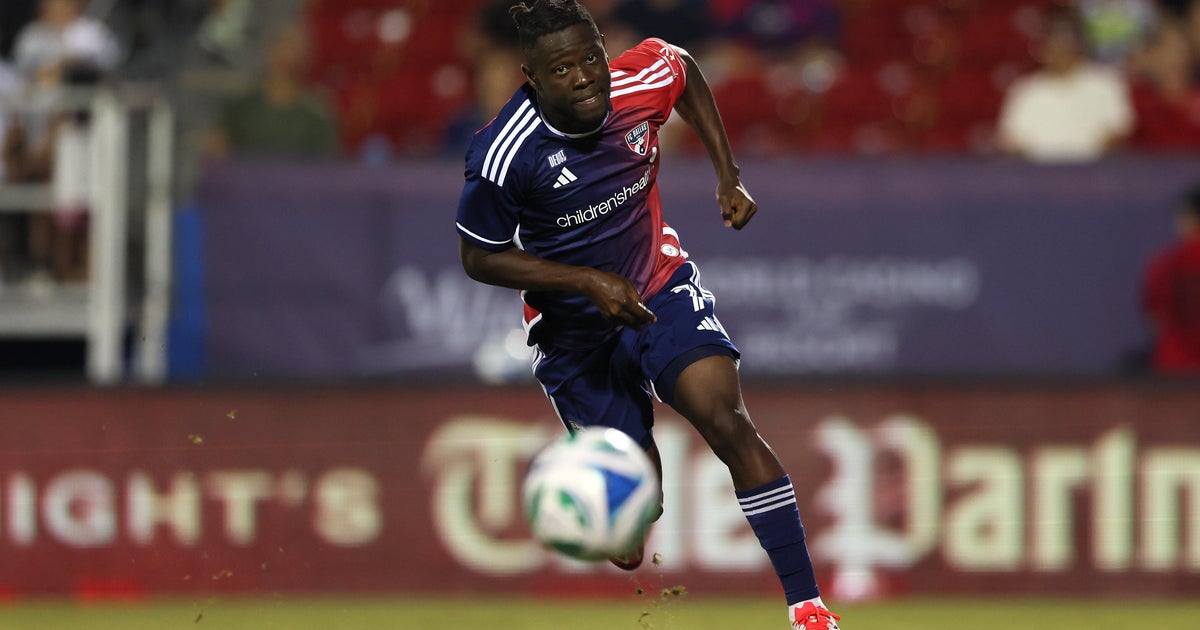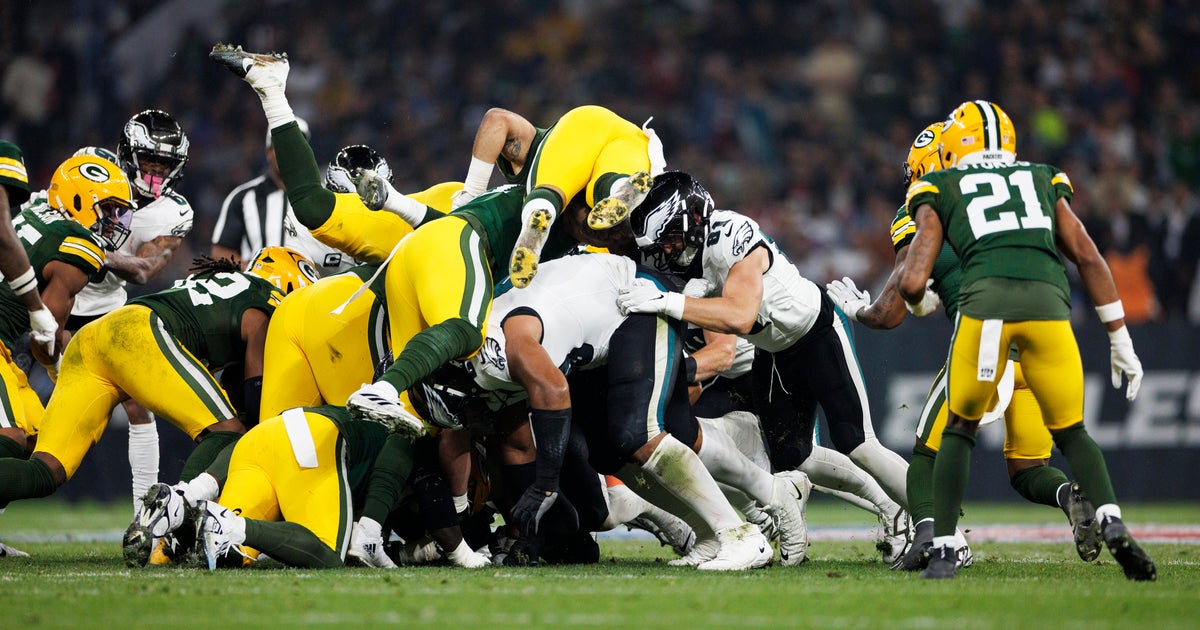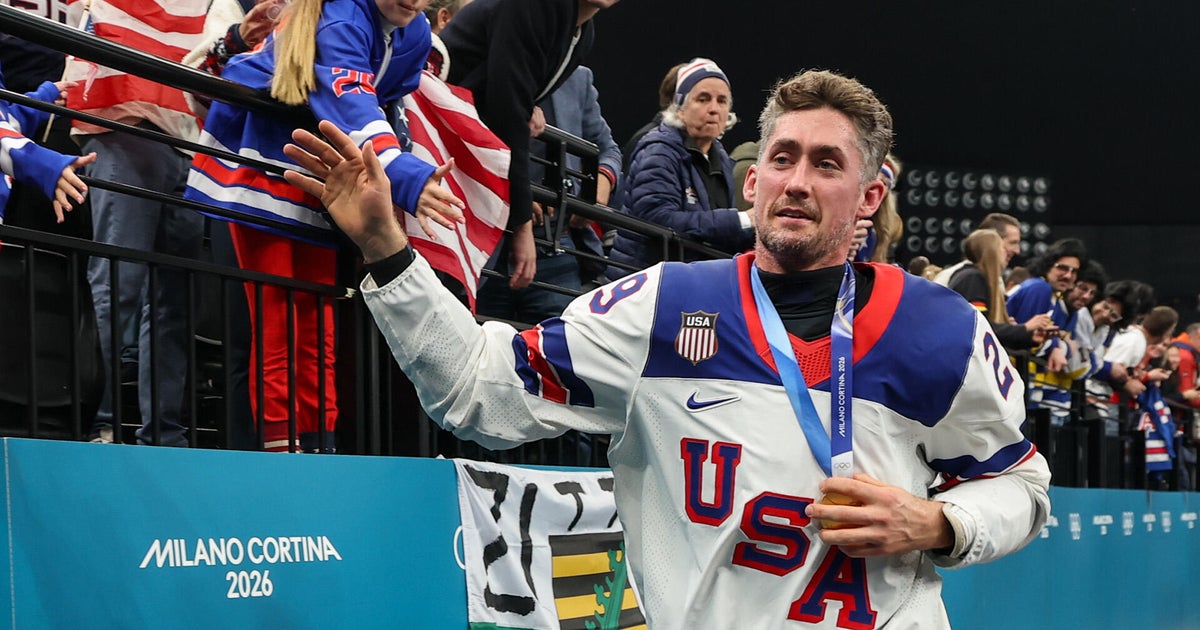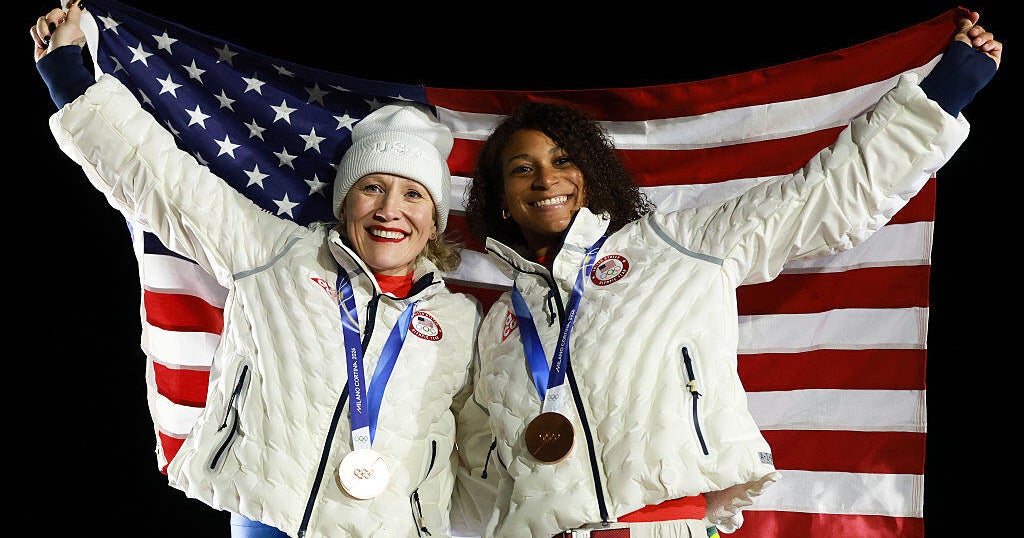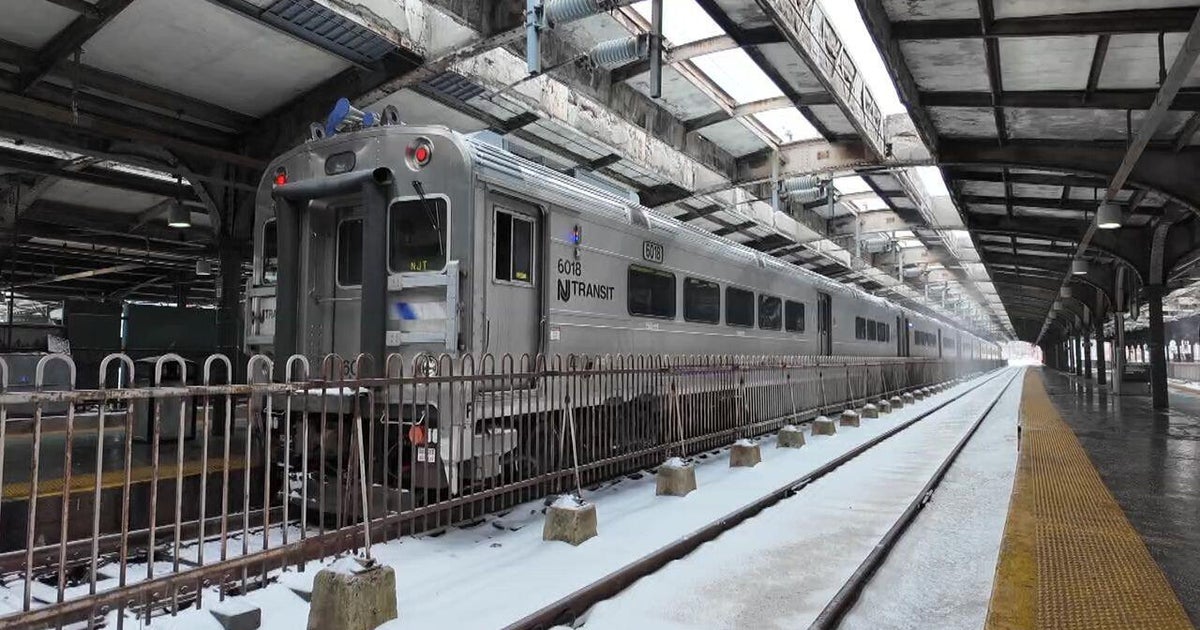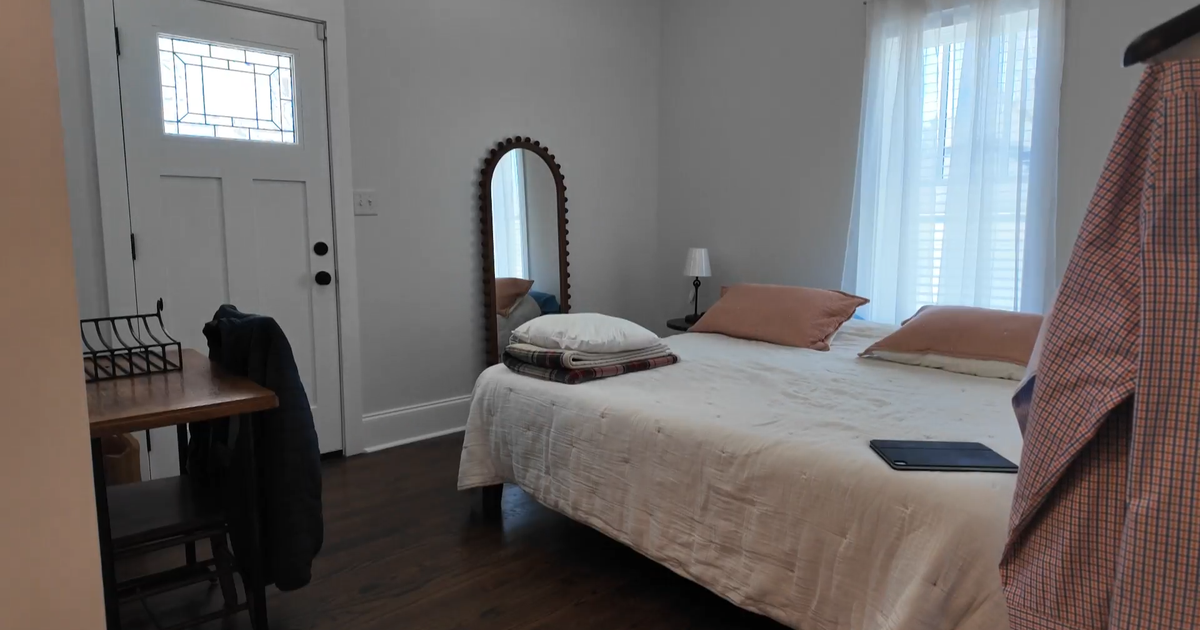America's Cup Was 21st Century Adrenaline Rush
SAN FRANCISCO (CBS / AP) -- Larry Ellison and Russell Coutts got it right. The staid old America's Cup can be an adrenaline rush.
On the brink of an embarrassing blowout, Oracle Team USA hooked into a wild ride around San Francisco Bay at 40 mph that didn't end until its fast, black catamaran had pulled off one of the biggest comebacks in sports.
Down 8-1, Oracle won eight straight races to keep the America's Cup in America and send Emirates Team New Zealand back Down Under to ponder its collapse.
The biggest winner was probably the overall image of the oldest trophy in international sports, which has been swept fully into the 21st century thanks to thrilling boats and hot-shot sailors who sometimes struggle to keep the big beasts under control.
"I think a lot of people who were never interested in sailing suddenly got interested in sailing," Ellison, the software billionaire who owns Oracle Team USA, said after the American boat kept the Cup with one final thrilling win on Wednesday.
Mainstream interest spiked because of Oracle's almost unimaginable comeback, the 72-foot catamarans that would pop up on hydrofoils and speed above the waves, their hulls completely out of the water, and the scenic backdrop of the Golden Gate Bridge and Alcatraz Island.
Now comes the challenging part for Ellison and Coutts, a New Zealander who has won the America's Cup five times, three as a skipper and twice as Oracle Team USA's CEO.
Oracle Team USA will have to decide whether the America's Cup remains in San Francisco and whether the AC72 catamarans return or are downsized.
This was the first America's Cup sailed inshore rather than miles out to sea, making it more accessible to fans and TV viewers. While Ellison has raved about San Francisco Bay as a natural amphitheater, organizers ran into vocal political opposition, lawsuits and community protests over the public cost of the event to the city's treasury and environment.
Ellison joked that the next America's Cup will be around the Hawaiian island of Lanai, most of which he owns.
The Cup could be back in San Francisco, or it could go to Hawaii or the highest bidder. After Oracle won the silver trophy in 2010, there were reports Ellison was interested in holding the regatta in Italy.
"I think this regatta was the most magnificent spectacle I've ever seen on the water," said Ellison, a long-time sailor. "San Francisco Bay is a great backdrop for a sailboat race. These 40-plus-knot catamarans are absolutely amazing."
As for the boats, many feel it would be crazy not to keep sailing the America's Cup in fast catamarans.
While the big cats were thrilling, they're expensive, hard to sail and require huge shore crews simply to launch and retrieve. If catamarans return, there's a chance they'd be smaller than the AC72s but bigger than the 45-footers that were sailed in warmup regattas called the America's Cup World Series.
Ellison said organizers have to figure out how to reduce costs to get more teams involved. Only Oracle and three challengers built 72-foot catamarans. One of the challengers, Artemis Racing, was never a factor after its first boat was destroyed in a capsize that killed British double Olympic medalist Andrew "Bart" Simpson during a training run on May 9. While a cause has never been announced, it's believed the boat crashed because of a design flaw.
British Olympic star Ben Ainslie, who replaced John Kostecki as tactician after Oracle lost four of the first five races, said sailing the AC72s changed his mind about the future of the America's Cup.
"If you asked me that question three months ago, I would have said match racing in monohulls is still for me preferable," said Ainslie, who has four Olympic gold medals and one silver and hopes to launch a British challenger for the next America's Cup. "But after what we've seen with this final, it's just been breathtaking. I think to be talking about trying to make sailing a more popular sport for the future, then this is clearly the route. I think if you saw fleet racing in these types of boats it would be better still."
Ellison said Oracle has accepted a challenge from a foreign yacht club that will serve as challenger of record to help make decisions about the future. Oracle hasn't identified that yacht club, but it's believed to be from Australia.
Oracle had to overcome a capsize last fall that damaged its first catamaran and a scandal involving illegal modifications of boats during the America's Cup World Series that resulted in an international jury docking it two points in the finals and booting wing trimmer Dirk de Ridder.
Not only did that mean Oracle had to win 11 races to keep the America's Cup, but it found out its boat was slower than the Kiwi catamaran.
While skipper Jimmy Spithill -- now a two-time Cup winner -- kept the sailing team focused, Coutts helped figure out ways to make the boat sail much faster upwind than Team New Zealand, which left the Kiwis deflated and defeated.
Coutts also had a hand in the decision to put Ainslie on the boat. Spithill, Ainslie and strategist Tom Slingsby, also an Olympic gold medalist, are three of the world's most intensely competitive sailors, which contributed to Oracle's comeback.
When things were going bad, some people wondered if Coutts would survive this campaign.
"Of course Russell Coutts will keep his job for as long as he wants it," Ellison said. "Russell Coutts has never lost an America's Cup. Not a bad record. As long as Russell wants this job, we're blessed to have him."
On Sept. 18, the Kiwis were at match point. A week later, Oracle Team USA was the winner.
"This regatta has changed sailing forever," Ellison said.
(Copyright 2013 by CBS San Francisco. All Rights Reserved. This material may not be published, broadcast, rewritten, or redistributed.)


